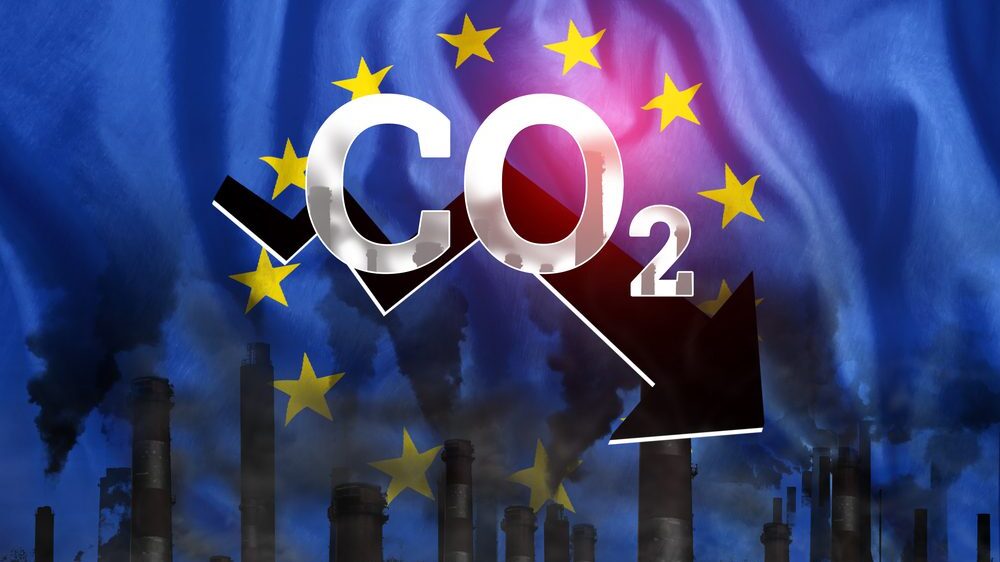
The European Parliament passed three separate bills on Tuesday, April 19th, that introduces carbon tariffs and, among other objectives, expands emissions restrictions on the aviation sector. Implementation of the laws is set to start in 2027.
The legislation forms part of the EU’s ‘Fit for 55’ policy platform for the green transition with critics decrying the unfair burden it places on consumers and calling it a systemic threat to Europe’s competitiveness.
MEPs voted 463 to 117 and 75 abstentions to revise the EU’s Emission Trading System (ETS), which puts quotas on the amount of carbon emissions allowed for a given sector and creates a market system where companies can trade excess carbon usage. EU lawmakers were heavily criticised last week for underestimating a fuel surcharge that many MPs based their ratification of the legislation on.
Under the ETS revisions, approved by the Parliament, both the aviation and maritime sectors will have reduced regulatory leniency concerning their emission of greenhouse gases, and greater subsidies will be available to incentivise the transition away from fossil fuels.
The second bill Parliament adopted was the Carbon Border Adjustment Mechanism, which imposes tariffs on imported products from carbon-intensive industries, such as cement and steel, in an effort to reduce Europe’s climate footprint. As the world’s first carbon levy, the legislation was the subject of intense parliamentary bickering last year over fears it amounted to climate protectionism and broke WTO (World Trade Organization) rules.
MEPs also backed the Social Climate Fund, an €86.7 billion fund to help the most vulnerable citizens and prepare the EU for a shift towards green energy sources.
The legislation is the result of a political compromise between the Parliament’s factions with the centrist EPP only supporting measures by which competitiveness was protected and breathing space given to industries to decarbonise. Policy analyst Pieter Cleppe has warned that the new legislation will harm consumers by creating a climate fund, which they will have to pay for, to compensate for the effect of the carbon policies the EU implements.
MEPs to vote to:
— Pieter Cleppe (@pietercleppe) April 18, 2023
– Expand the EU's ETS scheme, a de facto climate tax, to more sectors
– Impose a CBAM tariff on imports
The cost will end up with EU consumers, who'll also be asked to pay for a "climate fund" the EU is rolling out to compensate for these very policies#fitfor55 https://t.co/zW7uOTOpcF
The adoption of the legislation comes as the EU struggles to become the world’s first climate-neutral bloc by 2050 and wean its economy off fossil fuels. Brussels is feeling political pressure from populists who oppose the moves, seeing them as backward measures that would hamper EU competitiveness when confronted by American subsidies and a reliance on imports of Chinese green products.
The criticism parallels similar arguments over the EU’s proposals to phase out fossil-fuel-powered cars by 2035, which faced a considerable backlash from member states. The legislation voted on yesterday will now move onto the EU Council for approval.
